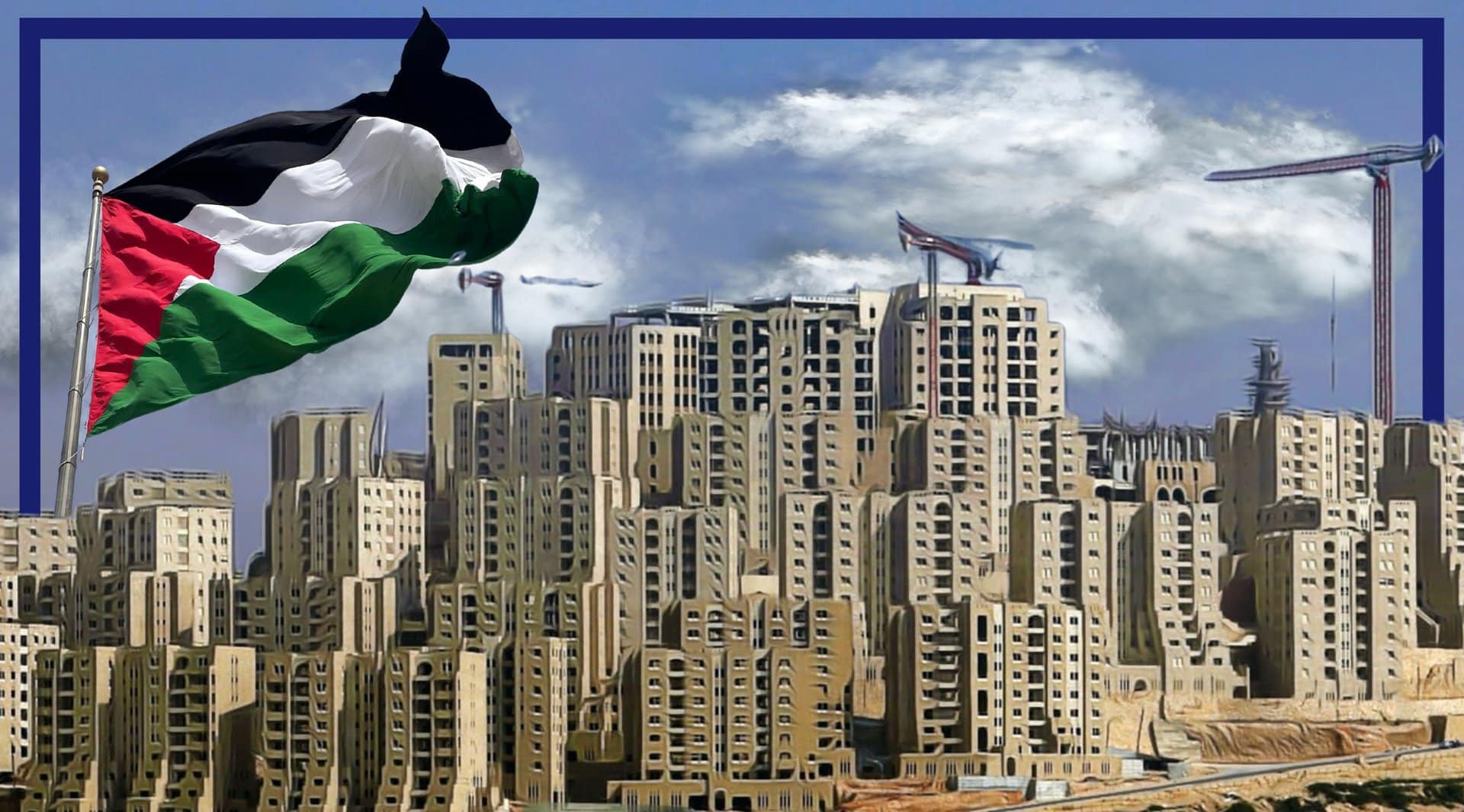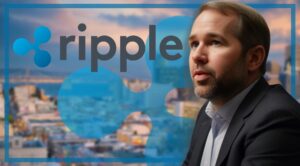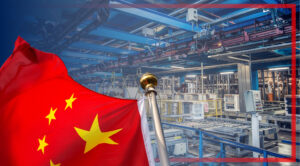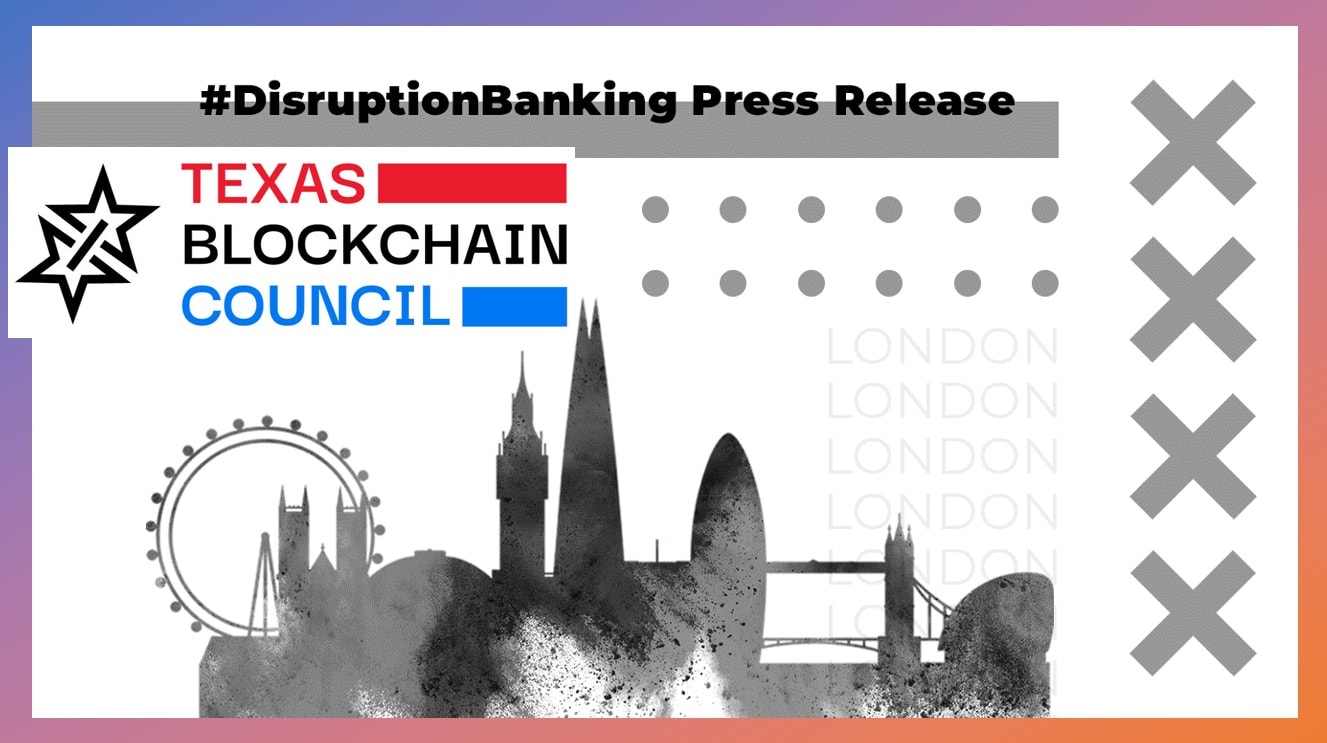Rawabi, Palestine
It was a slightly overcast day in the West Bank, though with a squint of the eye I could just about make out the built-up skyline of Tel Aviv over the horizon. In more immediate sight as I scanned the hills from the new city of Rawabi, a high-tech smart city and the vision of Palestinian billionaire Bashar Masri, was the Israeli settlement of Aretet.
Aretet precedes Rawabi by several years but is considered by the Palestinians, and most of the world, to be an illegal settlement. The proximity of the two towns and the palpable tension that fills the air in the four-mile stretch between them is a striking demonstration of the ancient and fraught history out of which the Rawabi project was born.
Standing beneath the huge Palestinian flag which stands atop Rawabi, apparently the biggest that exists in the territory, my local guide reflected on the challenges they had faced when beginning work on the project in 2010.
“During the first stages of construction, the Israeli settlers kept coming across at night to steal our flags,” he said. “But we have a whole warehouse full of them. Every morning when they woke up, they would see the flag back in place waving at them.”
The largest Palestinian flag in the West Bank flying from #Rawabi, a smart city seeking to turn the territory into a hub for investment in #technology. Is this the route to a self-sufficient economy and sovereign Palestinian state? pic.twitter.com/6KNVJLKcKj
— #DisruptionBanking (@DisruptionBank) June 17, 2023
There were also more physical risks, he said. The residents of Aretet were prone to waving guns at the builders of Rawabi, who continue to face harassment and threats of violence to this day. Recent tensions in the West Bank, sparked by the election of a devoutly Zionist and expansionist administration in Jerusalem, have caused many of these grudges to resurface.
Rawabi is practically within touching distance of Ramallah, Bethlehem, Nablus, and Jerusalem, after all. The glossy surfaces and smart-looking high rises that define this ambitious new project would not look out of place in Dubai or Abu Dhabi. But they cannot conceal for long the fact that the city stands in the heart of one of the world’s most contested territories; holy land for which blood has been, and continues to be, shed.
Rawabi is a unique contribution to the territory’s ongoing attempts to achieve statehood. The city, through its downtown business district, is trying to attract global technology players to invest in Rawabi and the wider Palestinian economy. Apple, the world’s biggest, has already done so.
By riding the wave of international capital, the theory goes, Palestine can forge a self-sufficient economy. The territory can therefore reduce its financial dependence on foreign countries. In turn, its political leaders can stand taller in the world and negotiate with Israel on a more even footing. Perhaps one day they could even help secure the dream that all Palestinians have dreamed since the nakba: the formation of an independent sovereign state with East Jerusalem as its capital. The hope, expressed by Masri, is that Rawabi can become the “economic backbone of a nascent Palestinian state.”
Apple's engineering research and development site in the Palestinian city Rawabi is reportedly to be expanded, although few details have been revealed. https://t.co/K1eFvHurQr pic.twitter.com/lKy11WBTSw
— AppleInsider (@appleinsider) June 29, 2022
Rawabi has several features that make it an attractive destination for international investment, according to Jafar Abulibdeh, the city’s Deputy CEO. One of them is the high levels of education and literacy of the Palestinian people. This human capital has allowed Rawabi to develop and maintain a sophisticated data centre, and become home to swathes of software developers.
“What we are doing is trying to attract local and international companies to come to Rawabi and employ our engineers and other graduates,” he told me when we met in the city.
Another advantage, perhaps somewhat ironically, is how near the city is to Israel and the global tech hub of Tel Aviv. “Our proximity to the Start-Up Nation makes us the best choice for outsourcing projects. Many projects that began in Rawabi were pilot or outsourcing projects that were then expanded to full-scale operations when they became successful,” Abulibdeh noted. Developers in Silicon Valley, London, or Tel Aviv are expensive: much cheaper to hire them in Rawabi instead.
While the slowdown in tech investment, prompted by tougher macroeconomic conditions and higher interest rates, has certainly not helped a project reliant on the activities of tech companies, global economic challenges also present an opportunity for Rawabi, Abulibdeh believes. Outsourcing to Rawabi is the ideal cost-cutting measure. The city has created around 200 tech jobs in the last year on this basis. Modest success, but one which does perhaps show that the idea works in principle at least.
Of course, the recent spike in tension between the Palestinian Authority and the Israeli government has also not exactly been conducive to attracting foreign investment. “We are part of Palestine,” Abulibdeh said. “I wish we lived in a bubble but we don’t. This is life here: we face harassment from settlers and other challenges. We have done for God knows how long,” he added.
“But I think international companies looking to invest in Palestine are aware of this and the work we have done to manage the risks.”
Clashes erupted in the #WestBank city of #Nablus after the Israeli army used explosives to demolish the house of a Palestinian prisoner. The incident further escalated tensions that have been mounting in the occupied West Bank due to frequent Israeli raids on #Palestinian towns.… pic.twitter.com/koqc5xgA7i
— In Context (@incontextmedia) June 15, 2023
The thinking behind Rawabi appears sound in many ways and is backed up by plenty of cash: both from Masri and the Qatari government, which has invested billions of dollars into the project. The city’s “Doha Gate” and “Qatar Mosque” – the second largest mosque in the West Bank after Al-Aqsa – are testaments to the Gulf state’s heavy financial investment in the project and its determined efforts to influence regional politics.
Despite this, visitors to Rawabi will be struck by how empty the city remains. The project began in 2010, with the first residents arriving in 2016 after a dispute with the Israeli authorities over water supply was resolved. Yet almost a decade on, the city is home to only a few thousand permanent residents at most, leaving swathes of uninhabited apartments.
On the day I visited, Rawabi felt like a ghost town. It seemed like everything was a show. Its “city centre” was packed with designer shops that were fully staffed and overflowing with quality products, but which looked as if they had never seen an actual customer. I couldn’t work out how any of it was economically viable. The only time I have experienced a similar feeling is in North Korea, being guided around Swiss-style ski resorts that lacked only two things: tourists and snow.
My local guide said that 85% of the apartments had been bought but that the city continues to find it hard to ensure they are actually lived in. Some richer Arabs with Israeli citizenship have bought real estate in Rawabi as an investment. Others use the city as a weekend base or for holidays. Barely any live or work there though because, for all of Rawabi’s efforts, relatively few jobs are available, either in tech or anything else.
This may change, of course, as Rawabi’s tech hub grows in size and stature. Abulibdeh believes that “we are only in the early stages” and that the city’s nascent tech scene could ultimately provide thousands of well-paid jobs. Lacking natural resources, Palestine certainly needs something like this if it is to wean itself off a bloated public sector and foreign aid, let alone if it is to become economically viable as an independent state as Masri hopes. But is this it?
As my taxi revved up, preparing to head back towards Ramallah through the beautiful valleys of the West Bank, I caught one last site of Tel Aviv in the distance. A bustling metropolis and home to a global tech ecosystem. Only 35 miles to the west but a world apart.
Author: Harry Clynch















2 Responses
Excellent article Harry very interesting read indeed
A great read, and facts backed up by your visit. Nice one